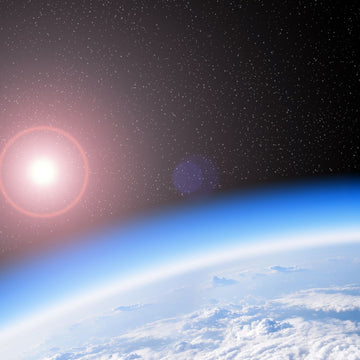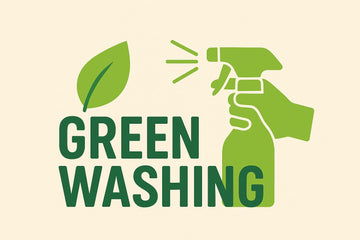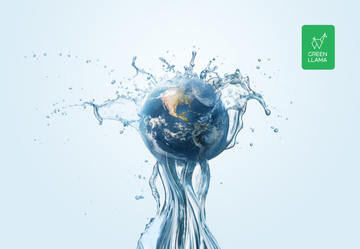From Ozone Depletion to Climate Hope: Lessons in Global Problem-Solving
by Matt Keasey on Sep 15, 2023
The environmental challenges we face today can seem overwhelming. Climate change, driven by human industrial activities, has become a critical issue that demands immediate attention. However, if history has taught us anything, it's that when the world comes together with a shared purpose, we can accomplish remarkable feats.
The Ozone Layer Crisis: A Tale of Redemption
In the 1980s and 1990s, the world was confronted with another environmental crisis: the depletion of the ozone layer. This protective shield of ozone molecules in the Earth's stratosphere was under threat due to the release of ozone-depleting substances, primarily chlorofluorocarbons (CFCs), used in various industrial applications.
But here's the inspiring part: the world responded with swift and unified action. Scientists identified the problem, and global consensus emerged that something had to be done. In 1987, the Montreal Protocol was born—a landmark international treaty aimed at phasing out the production and consumption of ozone-depleting substances.
The result? A resounding success. The Montreal Protocol led to a rapid reduction in CFC production and consumption worldwide, and today, scientific measurements indicate that the ozone layer is gradually healing. It's a testament to what we can achieve when we act collectively to protect our planet.
Climate Change: A New Challenge, a Familiar Hope
Fast forward to today, and we face a new, albeit more complex, environmental challenge: climate change. The accumulation of greenhouse gases, primarily carbon dioxide (CO2), in the Earth's atmosphere is causing global warming, rising sea levels, extreme weather events, and more. It's a problem that affects us all, regardless of where we live.
Yet, just as we did with the ozone crisis, we have the potential to combat climate change. The Paris Agreement, adopted in 2015, represents global recognition of the need for action. It aims to limit global warming and mitigate its effects by reducing greenhouse gas emissions.
The Power of Individual Action
Here's where the positive spin comes in. The success of the Montreal Protocol offers hope and a roadmap for addressing climate change. It demonstrates that when the world unites behind a common cause, we can make significant progress.
But we don't have to wait for governments and international agreements to take action. As individuals, we have the power to contribute to the solution. Buying fewer single-use plastic products, conserving energy, reducing waste, and supporting renewable energy sources are all steps that collectively make a difference.
Just as with the ozone crisis, our collective efforts, driven by awareness and a commitment to sustainability, can pave the way to a more environmentally secure future. Every action counts, and together, we can write a new chapter in the history of global environmental stewardship.
So, let's take inspiration from the ozone layer's redemption story. Let's remember that we have the knowledge, technology, and collective willpower to confront climate change. As we make changes to our daily routines and embrace sustainable practices, we can be the change-makers who turn the tide on climate change. The power to protect our planet is in our hands.





